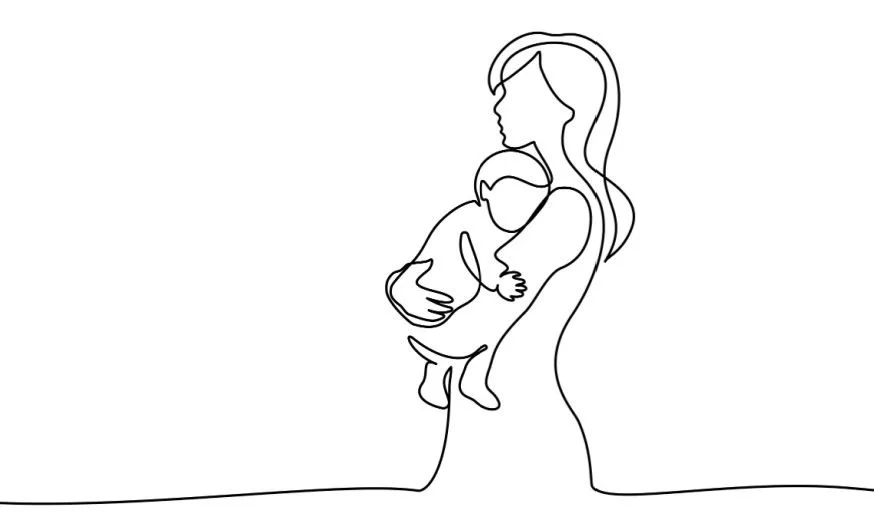Super Human.
This article is part of Finding the Words, a newsletter that delivers practical insights on the day’s issues.
Several years ago, in this weekly column, I shared the story of traveling with Brian and our young daughters to a client event being hosted across the country. Brian and I were working together, and our daughters were still quite young—Sophia was 4, and Kate was barely 1.
After coming up empty on childcare options, we decided that we’d bring them along and split up responsibilities to attend to client commitments during the day, while the other stayed in the hotel. And if we needed to be somewhere together, we’d pack up some snacks and toys and set up our super little humans to play quietly in the corner. We shared our plan with the client, who thought the plan sounded like a good one.
What I remember most about that experience wasn’t the juggling—it was the judgment I felt a few weeks later when our client, a young parent himself, shared in no uncertain terms that bringing our children along was inappropriate. I was both embarrassed and angry, feeling that I had damaged this person's trust in us and that somehow, my desire to be both a parent and a professional was destined to be at odds. I either needed to be a superhuman or a super failure.
That was until I chatted with our dear friend Don Foley, who reminded us what we had known all along: that family comes first—no apology needed.
I’m reflecting on that memory a lot this week, as we welcome back our beloved Bridget Pooley from her three months of parental leave, as she dusts off her keyboard and settles back into her old chair, but with a whole new lens on work.
With a name like Mission Partners, we've come to embrace the real meaning of partnership: to appreciate our role as a support system to clients, colleagues, and each other. New parents or not, we all hold complex identities, responsibilities, and stories far beyond our job titles, and it's become quite easy to forget who we are, outside of what our workplaces require us to be.
If you are leading a team, here's my reminder for you this week: remember just how much of life is happening around you, and around your team, too. We don’t need to understand every nuance of what someone else is going through to offer empathy. We don’t need to have lived the exact same story to extend grace. What we can do is recognize that behind every Teams or text message, every meeting and deliverable is a super human doing their best to balance life in all its complexity.
The past few years have accelerated conversations about empathy in the workplace. Leaders want to bring more compassion into the culture of work, yet many wrestle with how to do it in ways that feel both authentic and respectful.
Here’s where I think the answer lies: in the simple act of looking out for one another. It’s about asking, "How are you, really?" and listening long enough for the answer. It’s about noticing when someone is quieter than usual, or when they may need an extra hand. And it’s about remembering that our worth is not defined by who we are in the Zoom box, but by the whole of who we are. When we recognize that truth, we can create the conditions for people to thrive. And when people thrive, organizations do too.
Watching Bridget this week, and other beloved colleagues before her, return to their roles as new parents is more than just a “welcome back.” It's a chance for us to practice what we preach: that workplaces can be places of belonging, where life changes are not just tolerated but embraced.
The opportunity before us is not to be superhuman, but to be that super kind of leader, manager, or peer who says through your actions: You belong here. And you don’t have to choose between being who you are and being who we need you to be.
That is the culture I hope we keep building: where empathy is not a policy but a practice and where support is felt, not just said. Because the work we do, day in and out, will always be stronger if it accounts for what we bring to the work, super little humans and all.
This post is part of the Finding The Words column, a series published every Wednesday that delivers a dose of communication insights direct to your inbox. If you like what you read, we hope you’ll subscribe to ensure you receive this each week.







